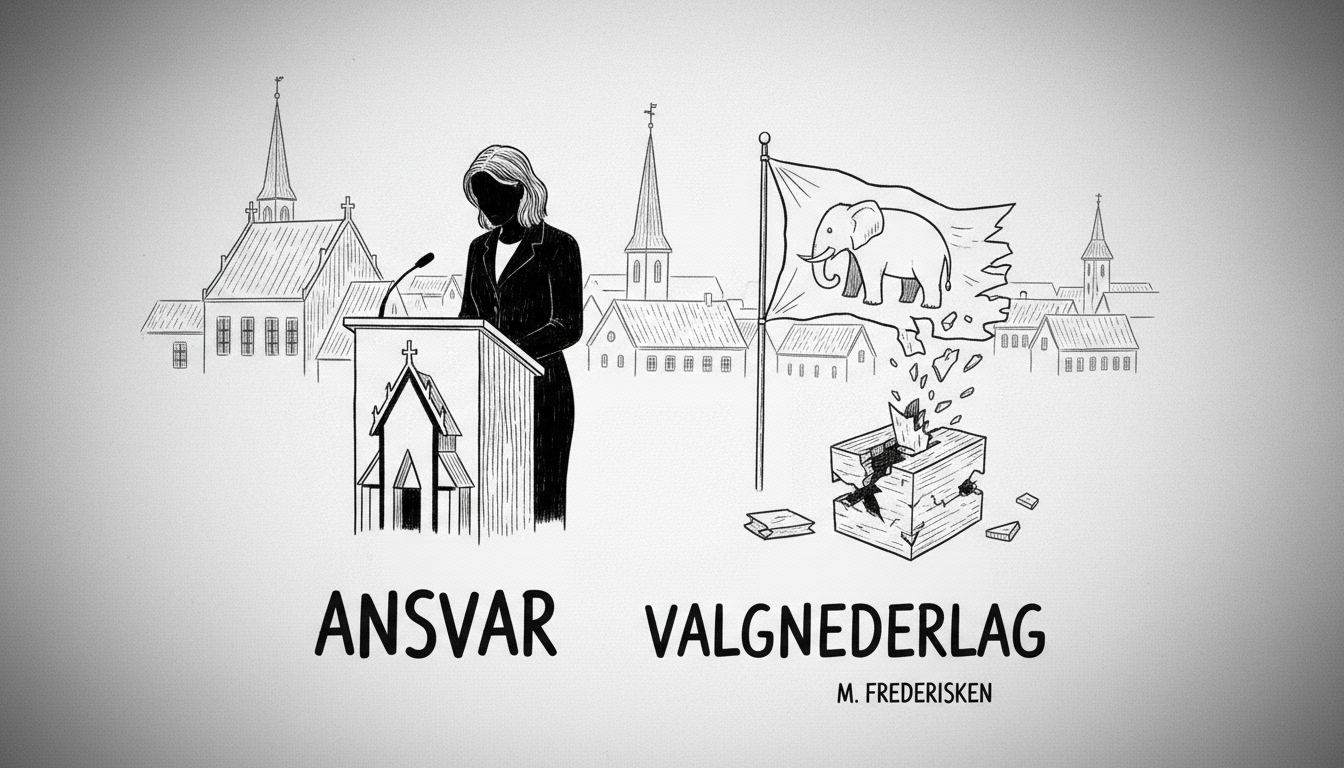Danish Prime Minister Mette Frederiksen has accepted full responsibility for her Social Democratic Party's poor performance in municipal elections. The party appears headed for its worst local election result in modern history.
Frederiksen made her remarks before addressing party supporters in Copenhagen. She stated she always bears responsibility for what happens within the Social Democrats. The Prime Minister acknowledged the results were worse than expected and unsatisfactory.
This marks the second consecutive election defeat for Frederiksen's party since she formed the current coalition government after the 2022 parliamentary elections. The Social Democrats previously suffered losses in last year's European Parliament elections.
The municipal election results show dramatic setbacks across Denmark. In traditional strongholds like Frederikshavn Municipality, the party lost its absolute majority and will no longer be the largest party. On the islands of Fanø and Læsø, Social Democratic candidates failed to secure any representation at all.
Frederiksen indicated she will carefully analyze the reasons behind this significant decline in support. She noted the increasing difficulty of being Denmark's major people's party that must appeal to all citizens.
The only bright spot for the Social Democrats came in Holbæk Municipality, where the party maintained its absolute majority under Mayor Christina Krzyrosiak Hansen. Even there, however, the party experienced declining support compared to previous elections.
Historical context reveals this continues a troubling trend for Denmark's traditionally dominant center-left party. During the 2021 municipal elections, the Social Democrats received 28.4 percent of all votes. This represented a four percentage point decline from their 2017 results and was already their poorest municipal election performance in recent memory.
The consecutive election losses raise questions about the SVM coalition government's stability and Frederiksen's leadership. As Denmark's youngest-ever prime minister when first elected, Frederiksen now faces mounting pressure to reverse her party's fortunes. The Social Democrats must confront whether their current political direction aligns with voter expectations ahead of the next national election.
Political analysts suggest these results reflect broader European trends where traditional center-left parties struggle to maintain their traditional voter bases. The Danish Social Democrats face the challenge of appealing to both urban progressive voters and their traditional working-class base amid changing political landscapes.
International observers will watch closely how Frederiksen responds to this electoral setback. Her government's policies on immigration, climate change, and economic management now face renewed scrutiny. The coming weeks will reveal whether the Prime Minister makes significant policy adjustments or leadership changes within her party.

